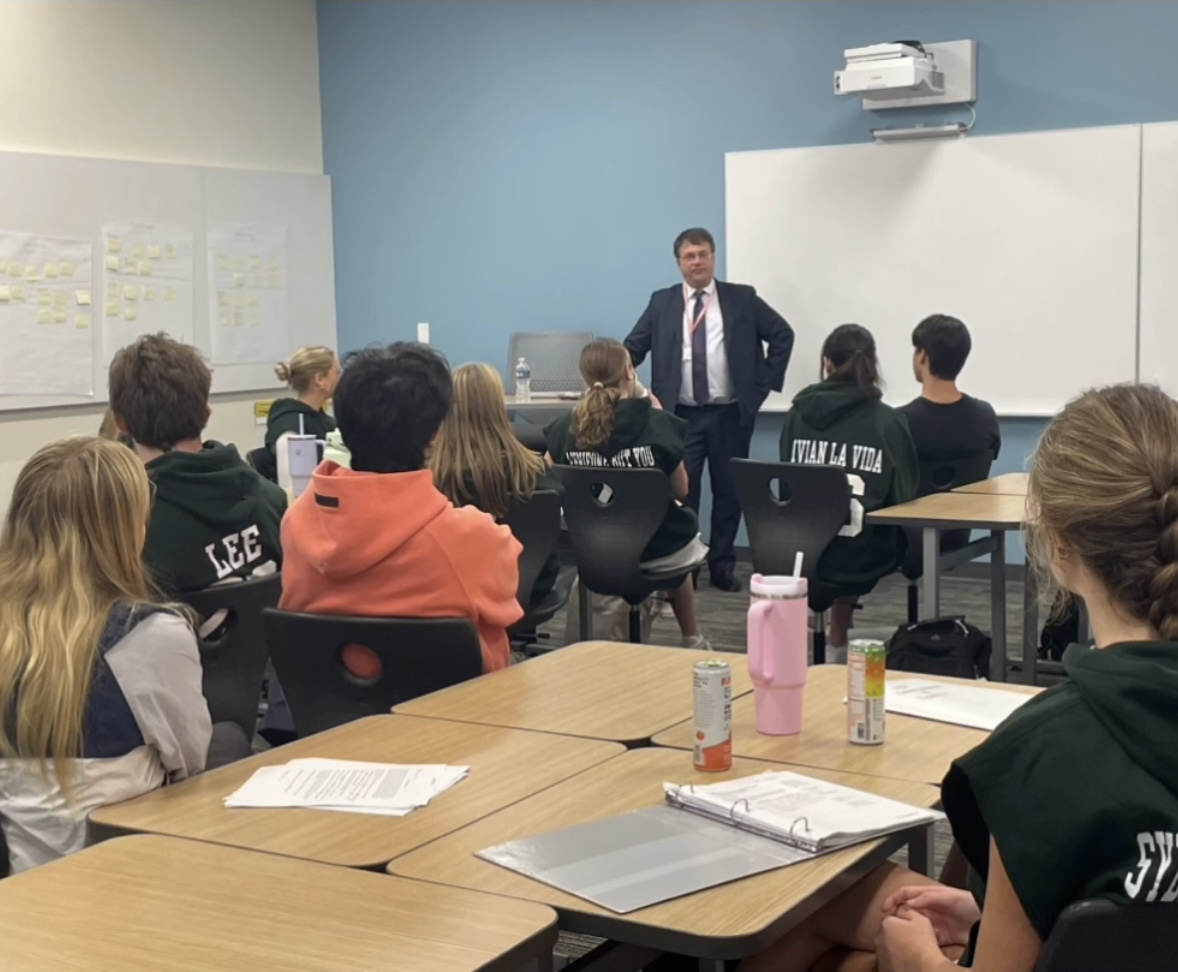A high school job is worth more than just the paycheck
The day I turned 16, I walked into an ice rink with my resumé in hand, asked for a job, got an interview, and fifteen minutes later I was a skate guard and skating instructor.
I have since worked at the rink for almost three years, and what I’ve learned are skills that school and sports and other extracurriculars could have never taught me. I got a job because I wanted to make some money and was bored, but it’s meant more than that to me.
When I first started making minimum wage, I began thinking about purchases in terms of actual money. If it’s your parent’s credit card you’re using, it’s easy to bypass price tags because, well, it’s not your money.
Having a job, however, made me aware that my $8 Potbelly sandwich was an hour’s wages. And those LuluLemon shorts I wanted just didn’t seem justified anymore as a full 8-hour work day’s pay.
Making minimum wage proved to me how hard it is, and sometimes the impossibility of, surviving on so little. With an hourly minimum of $8.25, even if one were to work a 40-hour week, that’s only $330, not including taxes. There’s rent to pay, food to buy, heating, doctor’s appointments, insurance, taxes, schools, clothing, and you practically have to pay to breathe air.
According to the real estate website Zillow, there is not one apartment in the New Trier district for rent that one could pay for with the monthly income of a minimum wage job, even excluding buying any of the other necessities listed above.
It may seem obvious, but money is valuable, and it’s difficult to learn its value without working hard to earn just a little bit of it.
Fortunately for most of us in high-school, we are still fully supported by our parents. Therefore, starting to learn how to handle money is a low-risk process, and now is the perfect time to start gaining this experience and start thinking about money in a real-world way.
Speaking of the real-world, having a job threw me right into it.
From the time I clock in to the time I clock out at the end of a shift, I pretend to be a real adult. People don’t treat you like a kid when they’re handing you their credit card. And if they’re not pleased, they don’t hide it.
Whether it’s handling money as a cashier or providing first-aid care, part-time jobs can put you in a position of responsibility and accountability that’s otherwise unknown to teenagers.
Unlike a volunteer position, bosses aren’t just happy for you to show up whenever you can. If you don’t want to go to work that day, suck it up.
Unlike school, your mom can’t just call you in sick whenever you want to miss. When I’m sick, it’s my responsibility to either show up or find a replacement, no excuses.
There are aspects of every job that you may not like. For example, I don’t find cleaning bathrooms that exciting. But I do it anyways, every weekend.
Working in a service industry provided me with a crazy amount of respect for employees. Often times, we can forget that the person checking out our book at the library is a real person. The transaction can seem mechanical and the person behind the desk can be ignored.
I’m sure we’ve all stood in a long line at a coffee shop and seen people talking rudely towards the baristas about the wait. As someone who’s worked behind the desk, you gain a new perspective and can better empathize with the stress that employees feel.
A job requires sacrifices: I’ve missed out on hanging out with my friends sometimes, I’ve been unable to attend some school events, and my weekends are always consumed by work. Despite these hurdles, getting that job on my birthday over two years ago has been one of the best decisions I’ve made. I was able to expand my world beyond this school and gain skills that I’ll use for the rest of my life. Bet calculus can’t say as much.







































